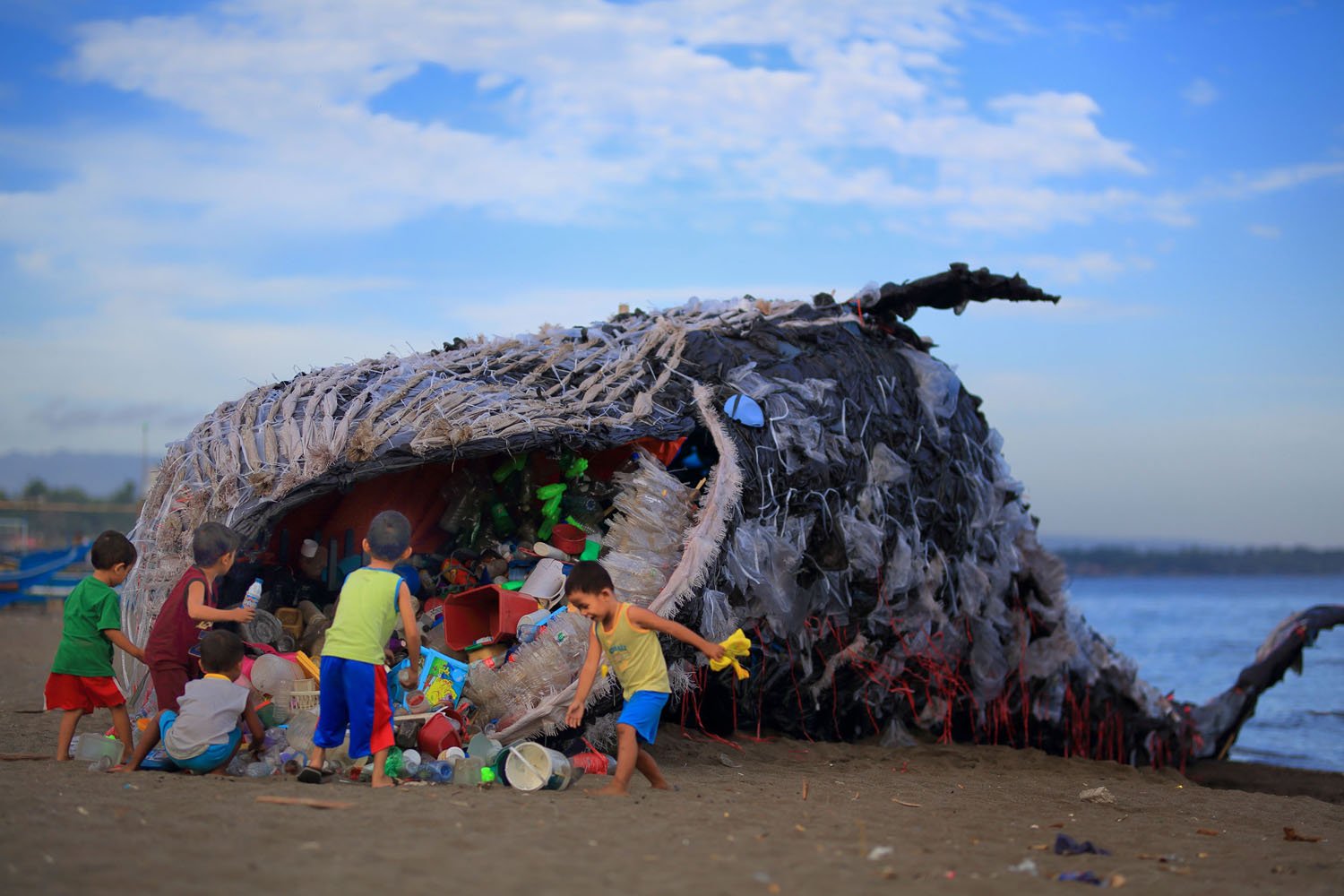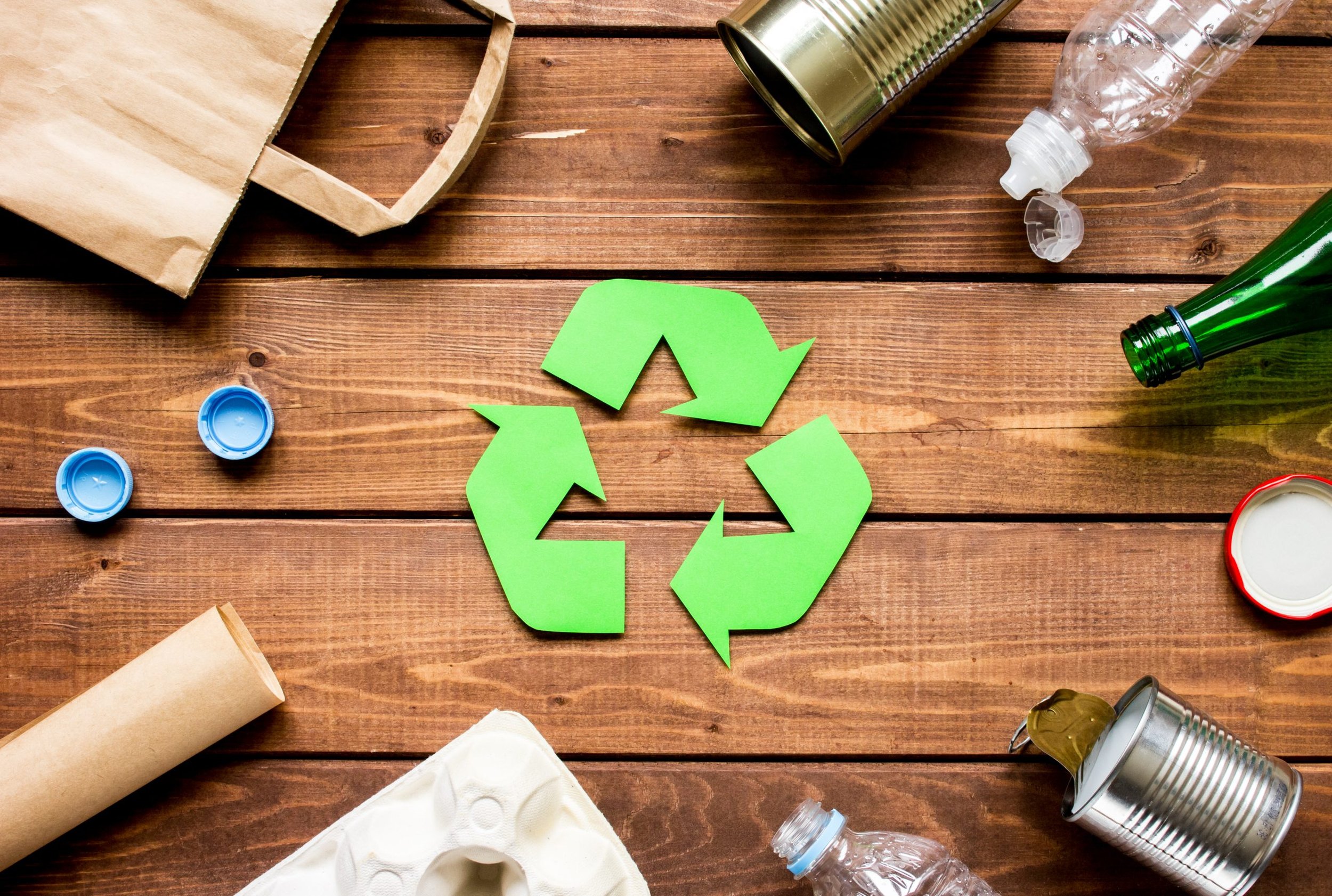We have all heard about plastics and why we should try to recycle them for a more sustainable world. However, in recent times a new discovery has been made that has made the issue of plastics even more dire to the health of all the inhabitants of our world. It has become more and more common to hear about the plastic pollution in the ocean and to see plastic washing up on shores on local beaches. In recent history, whales have even washed up on beaches full of plastic. Now scientists have discovered that plastic pollution has accumulated since it began, and some of that ocean plastic has broken down into what we now know as microplastics. Microplastics are now everywhere and have even been discovered in human blood, as recently reported by The Guardian (The Guardian). National Geographic defines microplastics as “Microplastics are tiny plastic particles that result from both commercial product development and the breakdown of larger plastics. As a pollutant, microplastics can be harmful to the environment and animal health” (National Geographic). However, it is no longer just animals that are being affected, so now it is more important than ever to push governments to have better recycling policies as well as to do everything we can do to live sustainably as individuals.
Microplastics in the ocean and other waters have significant effects on ecosystems, and animals sometimes eat plastics as food. Starting with small animals like salmon or even plankton all the way up to whales. Organisms then try to break down the plastics, and this plastic then ends up inside cells and even blood. When we eat the fish that ate the plastic, the plastic then ends up in us. Until recently, microplastics were even used in the form of micro-beads in our toothpaste (Oceanservice). The Guardian recently had an article saying that “Microplastic pollution has been detected in human blood for the first time, with scientists finding the tiny particles in almost 80% of the people tested.“ (The Guardian). As well as that, these plastics could get lodged into people’s organs and cause more problems to human health in the future. The article also noted that the pollution of microplastic was no longer limited to our food but is now also in the air (The Guardian). Plastic pollution has reached a peak, and it is up to us to work together as a worldwide community to clean up our mess and for corporations and governments to enact better policies to prevent plastic from ending up in oceans and landfills. The biggest problem facing recycling is that not all plastics are recyclable, and this is one thing that the individual can not change without the help of real change from the top. It is time for governments and companies to start using plastics that are recyclable. On our Instagram, one of our recent posts highlighted how the Coca-Cola company that owns sprite has announced they are changing their bottles to clear bottle that is more recyclable than the previous bottles, and this is a great start. However, it might be time to reduce our plastic usage overall so that less has to be recycled at all.
Piles of plastic at a recycling center waiting to be recycled.
It is important to do what we can as individuals to make a change in the world in terms of pollution. It is up to all of us to look up the proper information with our local governments on how recycling works for them. To some, it might be as easy as putting recyclables in a recycling bin for pick up, but for others, it might mean driving to a recycling center and handing them the plastics directly. Some may find that there is no recycling center near them, depending on where they are in the world. This is why the best solution is to enact change with our wallets and try to limit the plastics that we buy and push our local governments to provide the tools to recycle the plastics we have to use in modern society. This is the best way to a more sustainable world for everyone. Here at Mzuzah we strive to promote sustainable practices for all of us to have a more sustainable clean world. On November 2nd, 2022, we are hosting a webinar about Plastics. Details are available on our Instagram page.
Sources
https://www.vice.com/en/article/ev4bkm/kids-playing-dead-whale-philippines
https://education.nationalgeographic.org/resource/microplastics
https://www.theguardian.com/environment/2022/mar/24/microplastics-found-in-human-blood-for-first-time
https://www.somervalleyfm.co.uk/somerset-waste-partnership-expands-plastic-recycling/
https://www.rhuncovered.co.uk/wp-content/uploads/2020/05/New-Household-Waste-Recycling-Site-Scheme-Launches-This-Month.jpg
https://oceanservice.noaa.gov/facts/microplastics.html



